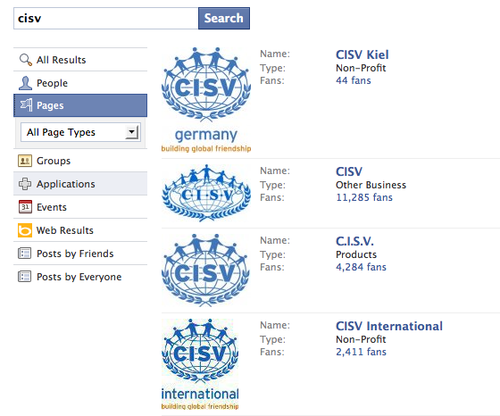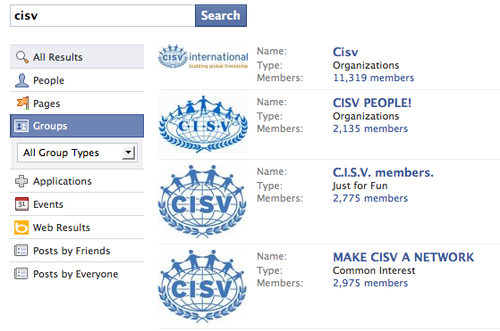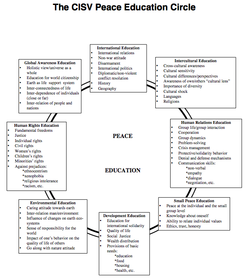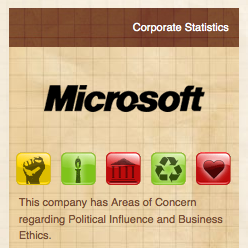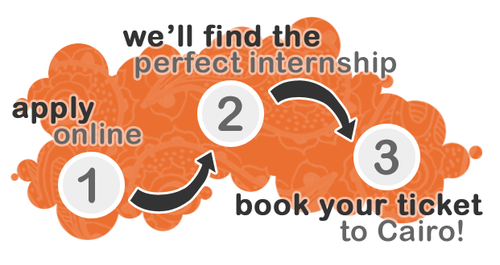Highlights from old IBM documents.While clearing out my old room at my parents place, I discovered three folders titled "IBM 1998", "IBM 1999" and "IBM 2000". To those of you who haven't been around for long on the international CISV scene, IBM (International Board Meeting) was the old name for AIM. And yes, in those days, people came home from AIM with fat folders of documents.
Before trashing those folders, I spent some time flipping through the stuff, and here are the most interesting "artifacts":
The Paper Swan (Newsletter for the 1998 IBM No. 1 August 8th):Ms Tine Isen from the Department of Organisation and Industrial sociology at Copenhagen Business School was here to tell us about Voluntary Organisations and their ways of working and making decisons. [...] Seen from a simple point of view there are two kinds of organisations; the traditional hierachie one and one build up as a "satelite".
Satellite, satellite? Sounds like
starfish to me!
Photocopies 27651
After day one??? That's insane. At least they didn't have to worry about setting up a Wifi-network for 300+ facebook-addicts.
The Paper Swan also included the suggested changes to the Peace Education Circle
I mentioned earlier.
IEC-98-IBM DOC 08-4(a) We conclude that CISV's greatest opportunities continue to exist in programmes aimed at the 11-16 year old age group
Bang! That's what the IEC thought in 1998. It caused quite an uproar. Today I think the notion is not so far-fetched, but just in terms of "core-competence", not the focusing on an age-group.
EAR-98-IBMI won't quote anything here, but this is an extensive educational "audit" done by the educational guru Alvino E. Fantini together with the EDR. It contains a fine list of recommendations. I've never heard of an "educational audit" being done ever again, but think this could be something worthwhile: Having outsiders check on our educational performance.
CAN-98-IEC DOC 37-7This document is a thorough analysis of the London, CAN chapter and
the implications for fundraising and the fee structure.
...limiting considerations appear to be:
1) Fundraising capacity [...]
2) Human resources capacity [...]
3) Recruitment capacity [...]
That's a very interesting way of looking at the potential of CISV on any level. It's a bit in the line of thought of the "
fee balance". If you increase the participation fee, you reduce the recruitment capacity, but increase the fundraising capacity (because less is needed) and possibly the human recources capacity (because you can employ a cook instead of recruiting parents).
NOR-98-ECT DOC 44-3This is
the historic document that inaugurated todays e-mail system with the xx.cisv.org addresses. It's a shame that today, more than 10 years later, still not all NAs participate in it. On a more positive note, the host of 1998, CISV Denmark finally joined a few months ago.
USA-97-IFC DOC 47-2The first page got lost, but apparently this was a motion for a new fee system: It's amazing that already in 1997 (this motion was tabled that year) people tried to standardize the fee structure. A GBP 25-40 fee per programme week was suggested. It took CISV another 11 years to get it right.
-
Hmmm. I don't think it's particularly accurate to judge an AIM from a collection of documents, but all in all, there is a bit of a "history-repeating"-feel to it. Also, it seems as if ideas take a long long time until they materialize.
Sometimes I wish I had a perfect memory, so I could remember all the details from those days and contribute to today's discussions. So many things have been said before, but we seem to start anew every single time. The good news, however, is that all three IEC-candidates for the presidency (Lene, Brett and Graeme) have been around in 1998.
Watch out for part two (Brazil 1999, which accidentally got published last weekend in a draft version) and three (Austria 2000) coming up...
